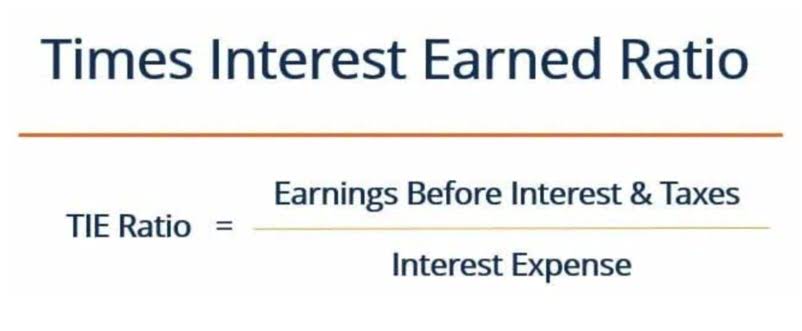Address
304 North Cardinal
St. Dorchester Center, MA 02124
Work Hours
Monday to Friday: 7AM - 7PM
Weekend: 10AM - 5PM
Address
304 North Cardinal
St. Dorchester Center, MA 02124
Work Hours
Monday to Friday: 7AM - 7PM
Weekend: 10AM - 5PM

At the end of the day, the ultimate goal is to meet your tax obligations while also being paid what you’re worth. If you’re not sure how to handle paying yourself when you start (or switch to) an S corp, you can end up with inaccuracies in your books that lead to larger tax problems later. Your Bench bookkeeping team will keep your financials up-to-date so you’re making informed decisions and complying with any new requirements. Claiming a home office deduction can provide significant tax savings for S Corp owners, but it’s essential to follow the rules. Your home office must be your primary place of business and used exclusively for work.
Any discrepancies can lead to penalties or audits, making it imperative for S Corp owners to stay vigilant and adhere strictly to tax regulations. Properly reporting salary and taxes s corp payroll not only ensures compliance but also promotes financial stability and peace of mind. Seeking professional advice can provide clarity and ensure that you are meeting all regulatory requirements while optimizing your tax situation.
Here’s how you can run payroll for an S Corp to automatically pay yourself for a job well done. We’ll walk you through what a change in structure means for your business, as well as keep your books up to IRS standards. Add in our tax filing solution, and you’ll gain year-round tax advisory support in addition to an all-star team to prep and file your tax return. Each month, you know exactly how much company money is paid to you versus taking it from the business account law firm chart of accounts every time you need money.

This differs from traditional corporations, which get taxed twice—once at the business level and again when owners receive their share of the profits. A good payroll service provider can track and record wages, disburse payments, and file the required IRS forms for less than $50 per month. It’s not just about shifting the work burden; it’s about the peace of mind of having done it correctly, and the responsibility for ensuring it’s properly done rests with the employer. Because shareholders are employees if they perform work for the business, S Corps must prepare and file payroll taxes. Outsourcing payroll processing to specialized services can also be beneficial.
This unique business structure offers a tax advantage that allows you to keep more of what you earn by splitting your income between salary and distributions, reducing your self-employment taxes. The business pays owners and working shareholders through the S-corp payroll, and the owner can take the remaining profits as distributions. If you’re wondering why S corp owners don’t just take zero pay to avoid self-employment taxes altogether, there’s a catch.

The retained earnings balance sheet IRS has a free Tax Withholding Estimator on their website that you can use to determine how much you will owe. This is the amount that your S corporation will withhold from your employee paycheck and instead pay to the IRS in quarterly taxes on your behalf. Let’s say a client comes in after year end and after the filing deadline to file payroll tax returns.

He’s educated more than 100,000 financial professionals on the topic and has been published in numerous national and state journals. Ensuring that your salary aligns with market rates and cost of living is crucial for IRS compliance. Failure to adhere to these standards can result in penalties, making it imperative to base your compensation on accurate and up-to-date salary data. Moreover, consider the size and financial health of your S Corp business when determining your salary. The salary should be reasonable in the context of your company’s revenue and profitability. Reasonable compensation is not a set standard, but rather based on facts and circumstances.